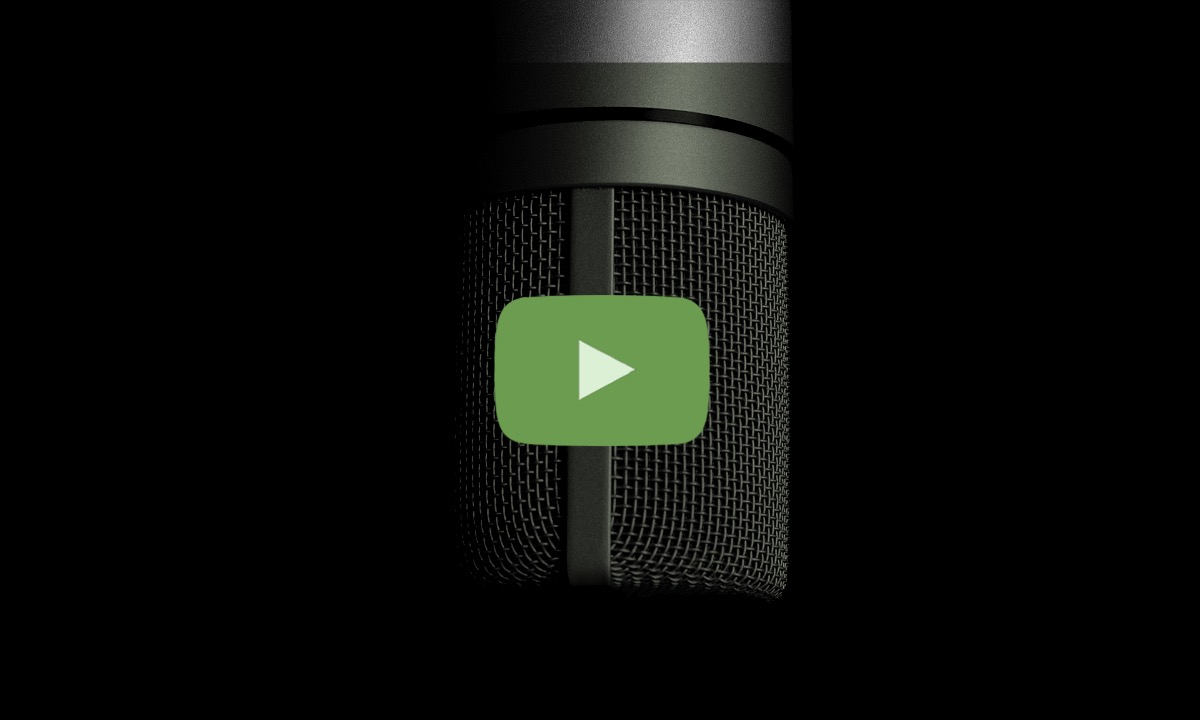FFF Podcast Episode 14: “Where are we?â€
By Frank Buhagiar on Friday 21 October 2022

By Frank Buhagiar on Friday 21 October 2022

That’s the question Paul Cuatrecasas and David Stevenson ask in episode 14 of FFF’s podcast series.
The beginning, middle or end?
Don’t worry, the two founders are not having an existential moment, rather they are trying to figure out, like many other investors in today’s market, “whether or not we are in the beginning, middle or towards the end of a journey”. The journey David has in mind is the path of venture capital round valuations, specifically when and by how much they will fall. As David says “Only about 5 or 10% of VC rounds have been down rounds and that got me thinking how we can put a yardstick about how long it takes and how big the falls are before we get to a sensible valuation.”
High interest
For once valuations come down to sensible levels, the money will presumably start to flow freely once more. And according to David, there is a huge weight of money looking for a home in the FoodTech/AgTech space, “because people are waking up.”
Could publicly-traded valuations provide a yardstick? As Paul points out, Beyond Meat (BYND) is already nursing an 85% fall. The likes of Deliveroo (ROO), DoorDash (DASH), HelloFresh (HFG) are all down heavily too “…we can go down the list of companies that are late stage that are generating significant revenues and in some cases profit and they’re down. Why?”
Helpfully, Paul answers his own question: “…higher interest rates”. These lead to future cash flows being discounted at higher rates, which in turn generates lower present values for those same future cash flows. Paul believes that with further interest rate rises on the horizon, valuations/prices can’t be expected to rise “in any significant way any time soon.”
The beauty of technology
But prices not rising “any time soon” does not mean that the companies and startups within the Food/AgTech space are just standing still waiting for conditions to improve. They will continue to move forward. As Paul says: “This is the beauty of technology. You never know where it is going to go. You never know where new technology is going to solve an existing problem.”
And speaking of existing problems, David highlights the importance of learning curves. He is particularly excited about what learning curves could do for vertical farming: “Why people are getting excited about vertical farming is that it is not blue-sky stuff…There’s stuff out there but it’s pricey. One of the reasons why it’s pricey is because they have to work their way round the cost of energy.” This is where the learning curve kicks in: “I think if a learning curve can start to have a material impact on a sector like vertical farming…within five years, then start-ups can absolutely make a killing.”
The next question
At that point, perhaps the question David and Paul will be asking in podcast no. XX will no longer be “Where are we?” but “Where next?”
2 August 2021
Paul Cuatrecasas
30 June 2021
Paul Cuatrecasas
9 September 2021
David Stevenson
13 September 2021
Paul Cuatrecasas